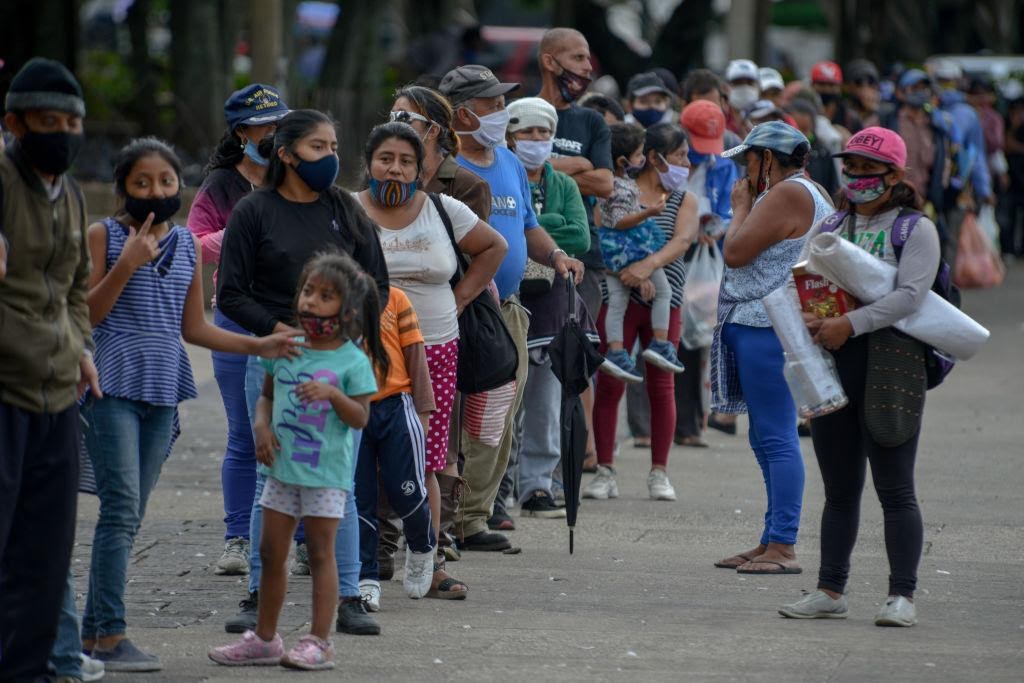The rude awakening from the pandemic was that services and remittances led growth model doesn’t do too well in a global disease outbreak. The Philippines’ economic growth waned in 2020, entering negative territory for the first time since 1999, and the country experienced one of the deepest contractions in the Association of Southeast Asian Nations (ASEAN) that year. And while the government predicts a slight rebound in 2021, it is still an uncertain and weak recovery, due to the country’s prolonged lockdown and inability to shift to a more efficient strategy.
While community pantries have sprouted all over the Philippines, this is a proof that the government of President Rodrigo Duterte has so far failed to give the Filipinos economic aid. This situation reflects not just the extent of the Philippines’ economic crisis but also the extent of the government’s neglect. Countless businesses, especially small ones, were forced to shut down and cut their workers’ wages. Joblessness skyrocketed, and more than three million Filipinos remained unemployed. Finally, there is widespread concern that much of public funds, including those in the economic incentive package, will end up as “political stimulus” instead, going to the electoral war chests of administration candidates preparing for the national elections to be held next year. There is a widely held belief that a certain administration has routinely used public funds to stay in power and that its ancient “governance” agenda has been ensuring its own political survival in the face of growing social and political unrest.
Overall, there is an urgent need to authorize massive economic aid, specifically cash transfers to the most vulnerable sectors of society, jobs assistance for the unemployed and wage grants for small businesses. The Philippines is desperate and frantic for an economic rebound, but considerable uncertainty still hangs in the air. In the coming months, the nation’s attention will inevitably shift toward the 2022 elections and government officials will increasingly be preoccupied with politics. But there is still time to reprioritize spending to address Filipinos’ urgent needs – food, cash aid and vaccines, rather than wasteful roads and multipurpose buildings.





